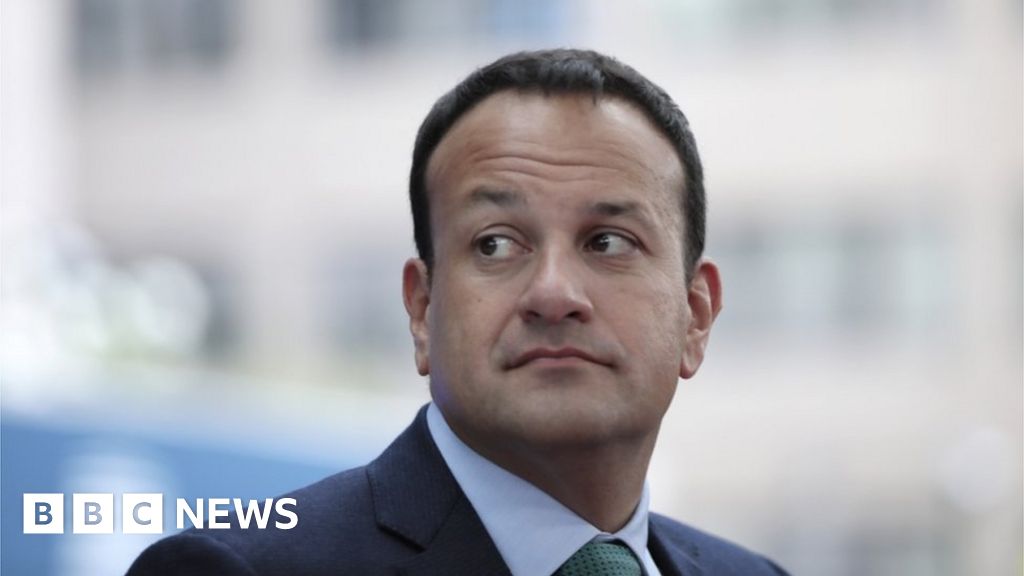The backstop is deeply political on all sides, The EU, ireland , the unionists and britain. We want it because it ties northern ireland and consequently britain in the customs union. The EU want it not because of us but because it ties britains hands. The unionist dont want it because it distinguishes between northern ireland and britain which is an anathema to them. Britain does not want it because it ties their hands in negotiations and keeps them in the customs union, and they need the unionist votes .The irony of the Brexit shambles is that the Unionists, who have openly stated that they are opposed to border controls between UK/EU in Ireland, demand to be treated the same as the rest of the Britain
The backstop is only good if there is a deal, it is looking like there will be no deal with the backstop in place. Its also the case that the backstop prevented theresa may getting her deal through the house of commons. It looks like boris johnson is going to crash out of the EU on 31 October with disastrous consequences, we need to get real , sticking by the backstop seemed to work with a weak and drained theresa may leadership, its not going to work with a fresh boris johnson leadership, whatever we may think of him.

